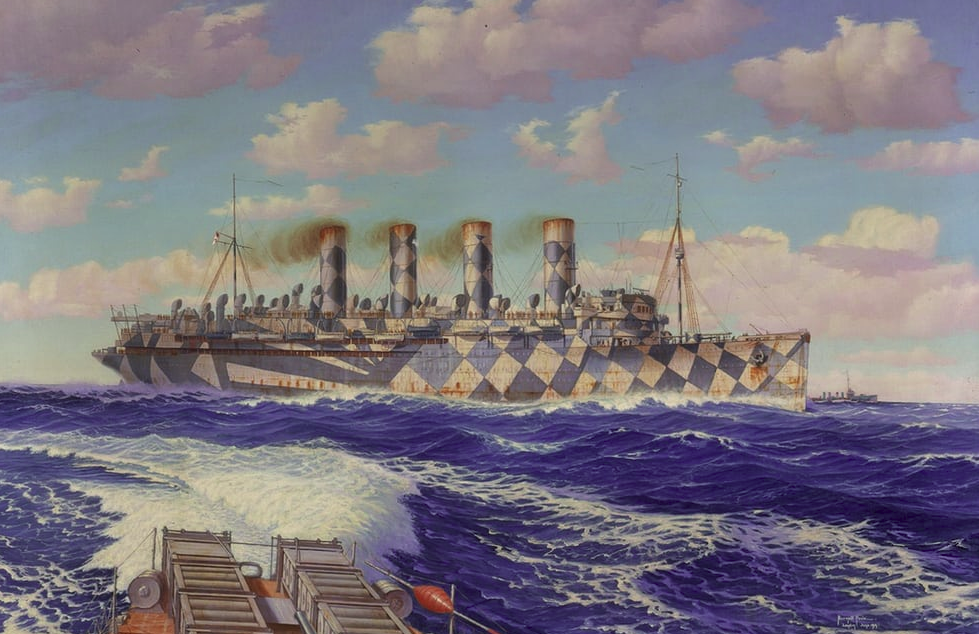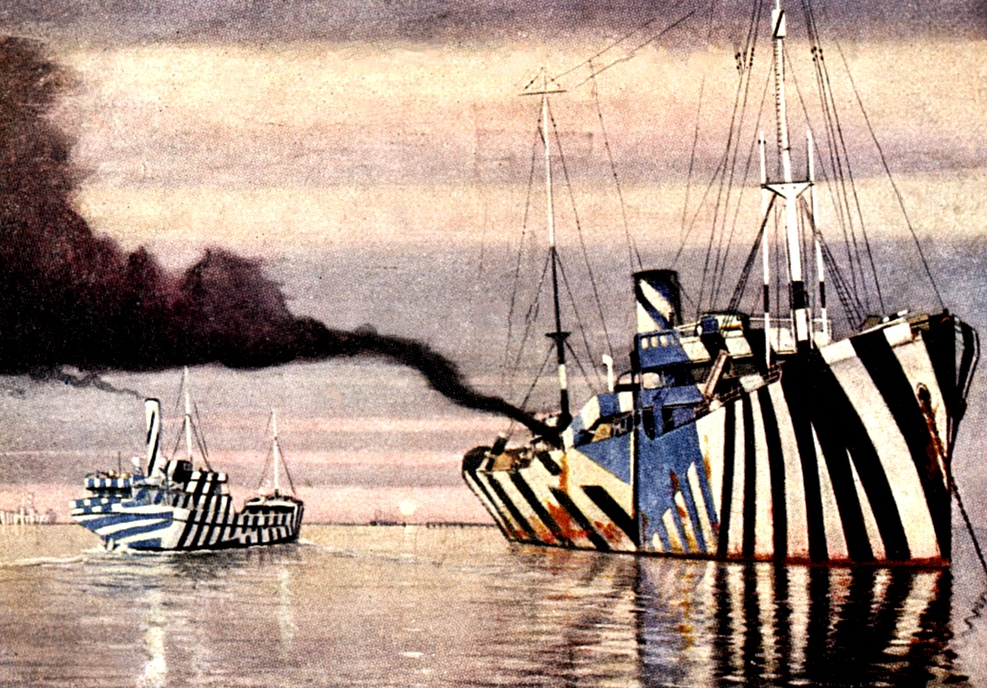19 August 2018
droit du seigneur
[French drwa dy se-nyœr]
noun
1. the supposed right claimable by a feudal lord to have sexual relations with the bride of a vassal on her first night of marriage.
Origin of droit du seigneur
1815-1825; < French: literally, right of the lord
Dictionary.com
Examples from the Web for droit du seigneur Expand
Historical Examples
More than this, they enjoy a sort of ” droit du seigneur,” and no man’s wife or daughter is safe from them.
The Story of the Malakand Field Force
Sir Winston S. Churchill
Today’s quote
Truly it is an evil to be full of faults; but it is a still greater evil to be full of them and to be unwilling to recognize them, since that is to add the further fault of a voluntary illusion.
– Blaise Pascal
On this day
19 August 14AD – death of Augustus Caesar, founder of the Roman Empire and first Roman Emperor. Born 23 September 63BC.
19 August 1662 – death of Blaise Pascal, controversial French mathematician, physicist, inventor and writer. Formulated ‘Pascal’s Triangle’, a tabular presentation for binomial coefficients, challenged Aristotle’s followers who claimed that ‘nature abhors a vacuum’. The computer programming language, ‘Pascal’, is named in his honour. Born 19 June 1623.
19 August 1900 – start of the first Olympic cricket match, played in Paris. It is the only Olympics in which cricket was played.
19 August 1919 – Afghanistan Independence Day, in which Afghanistan declared its independence from Britain.
19 August – World Humanitarian Day – a day to recognise those who face danger and adversity in order to help others. 19 August was chosen because it is the anniversary of the 2003 bombing of the UN Headquarters in Baghdad, Iraq, which killed Sérgio Vieira de Mello, Special Representative for Secretary-General to Iraq and 21 of his colleagues. The day seeks to draw attention to humanitarian needs worldwide and the importance of international cooperation in meeting these needs.





